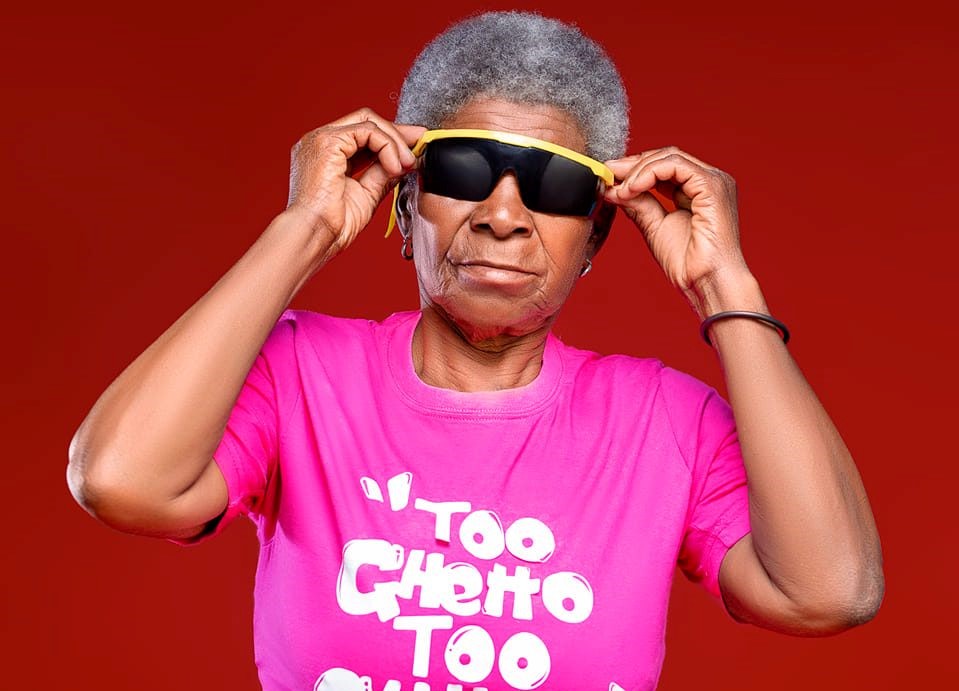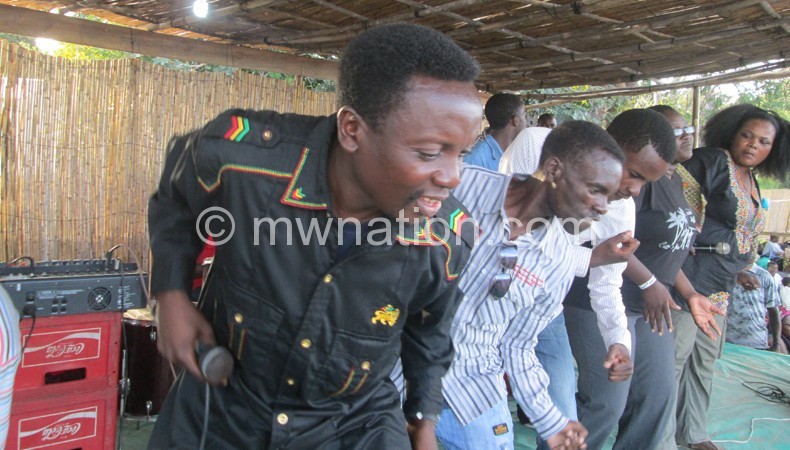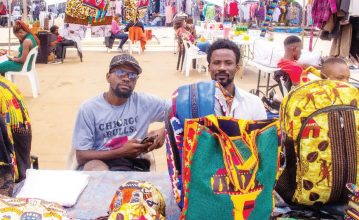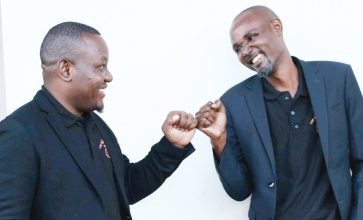The contagious comedy formula
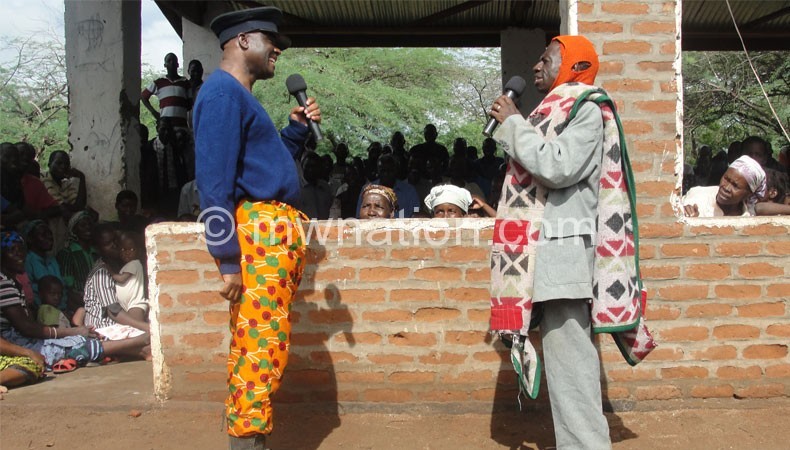
Izeki ndi Jakobo still remain the most famous and influential comedy franchise Malawi has ever had.
The comic ensemble changed the landscape of comedy in the country. The sitcom infected other drama groups with their microphone–clad dialogue type of acting which might be a result of the fact that their first director Charles Severe was a radio personality.
In radio drama, the focus is on dialogue which is also mirrored in Izeki ndi Jakobo. The actors most of the times are tethered to a microphone obstructing stage movement and action.
The most significant aspect the formula lies in characterisation with two tramps with one being dumb and the other dumber like in Laurel and Hardy, a Hollywood classic comedy in the 1920s.
Apart from the comic effect that comes from the random jokes that the tramps throw at each other, the costume which is usually in rags or a deliberate wardrobe malfunction, provides cramps of laughter to the audience. The ragged costume which is supposed to represent is exaggerated that one can confuse it to representing madness. But comedy is about exaggeration——only that it should be done carefully not to send the wrong message.
One is likely to find the kind of comedy that falls in the category of “Izeki ndi Jakobo formula” in political rallies, corporate events, sponsored TV programmes and other events. Is this the only formula of comedy? Why are comedians always hopping on the bandwagon of the formula?
Lecturer in Drama at Department of Fine and Performing Arts at Chancellor College Smith Likongwe says the problem with Malawian comedians is lack of creativity and confidence to come up with new approaches to drama.
Likongwe adds that the problem is that most Malawian actors did not have the necessary training in their field; hence, they copy what other people started.
“Malawian comedians have overused the incongruence theory which presents situations in the opposite manner in which they ought to be, but there are other approaches such as Slapstick Comedy, I have never seen anyone perform that,” says the theatre guru.
He says that it is the duty of National Theatre Association of Malawi (Ntam) to organise seminars where theatre practitioners who have had training in the field can transfer their knowledge to the ones that perform on stage.
“There are many errors that comedians commit such as stereotyping their characters according to accents. The comedians may deliberately have a character with Lhomwe accent as the smarter one and another with Sena accent as the dumber one or vice versa. This is funny, but at the same time it is stereotypical,” says Likongwe.
Associate Professor in the Department of Fine and Performing Arts at Chancellor College Mufunanji Magalasi agreed with Likongwe that the problem is that most people that perform comedy did not have formal training in the field so they only create theatrical pieces basing on what they have seen from others.
“The other problem is that this is popular culture and that is how it works. It is created by peasants from townships and because most of them use a formula that is already there because they have seen it works,” he says.
He adds that the same trend happens in popular music.
“People that use other unique formulas usually don’t sell and this even happen in music, there are a lot of examples,” says Magalasi.
Elias Chimbalu, popularly known as Samalani from the Samalani ndi Chindime comedy franchise, told Societythat they prefer to use the dumb versus dumber formula because it is easier to convey a message to the audience within a short time.
“During functions, we are told to perform a five- minute comedy sketch and we have discovered that this formula works for us,” says Samalani.
The actor further adds that the small casts make it easier for them to manage in terms of transport, allowances and other costs incurred during production of the plays.
“We do not take much time as we do with other plays because these plays are normally improvised and we do not need scripts,” he said.


